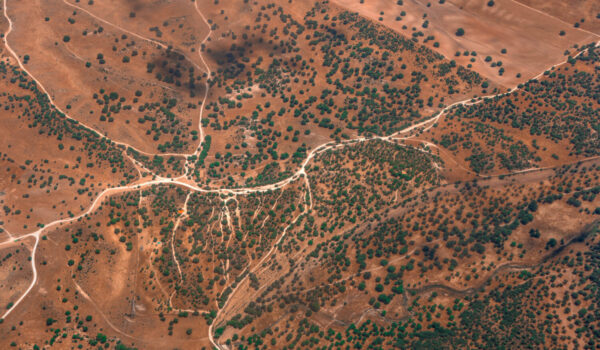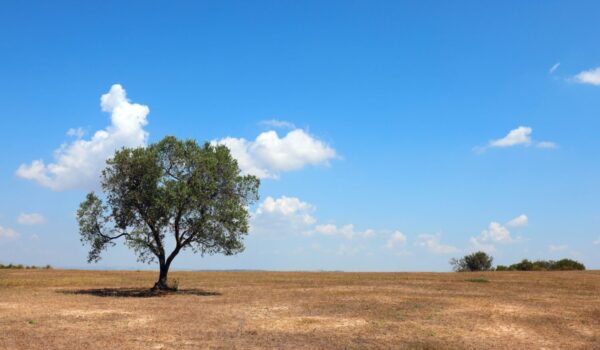The Mediterranean Basin suffers from the aggravation of existing socio-environmental problems because of the acceleration of climate change. This aggravation occurs from a combination of changes in land use, overexploitation of natural water sources, overpopulation, immigration and biodiversity decrease.
- Rapid population growth in Middle East and North Africa (MENA), from 110 million inhabitants in 1950 to 569 million in 2017
- In the Mediterranean region more than 180 million people are affected by water poverty and an additional 60 million face water stress to some degree
- Regional temperature increase will be 2.2ºC in 2040, and for each degree of global warming, mean rainfall will likely decrease by about 4% and evaporation increase near 20%
- Consequently, food productivity will be reduced by 17% in 2050


Every year more countries become increasingly more vulnerable to future shocks, affecting water, food and energy security. Due to the limited understanding of how the interconnections and the interdependencies among water, energy, food and ecosystem could be addressed in a changing environment, there is an existing difficulty in the practical deployment of a cross-sectoral nexus approach in the management of natural resources.
The SureNexus project is responding to PRIMA-NEXUS 2021 call by generating scientific and practical evidence on the transition in developing the NEXUS approach through the optimization of water allocation across different sectors, combining with energy and food security to support regional and local development and to support systemic change and resilient transition.
Fact Sheet
| Acronym | SureNexus |
| Grant Agreement ID | 2142 |
| Start Date | April 1st 2022 |
| Duration | 36 months |
| Overall Budget | 4.329.051€ |
| EU Contribution | 3.891.543€ |
| Project Coordinator | Universitat Politècnica de Catalunya – UPC (UPC) |


